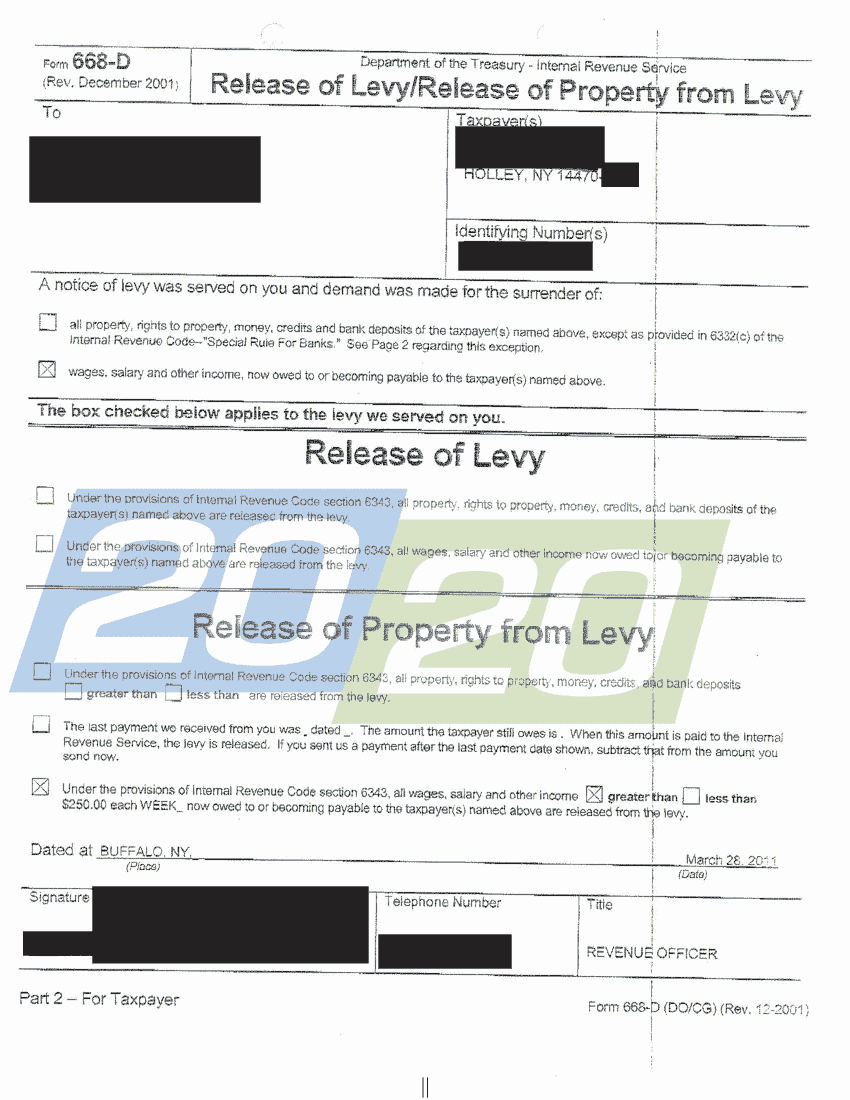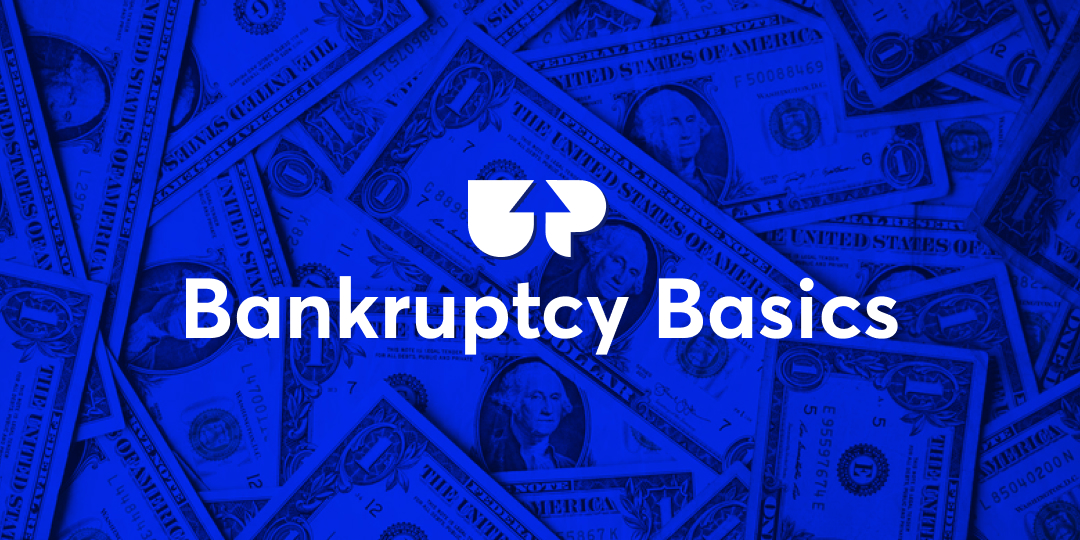The Only Guide to How Can I Stop Garnishment In Maryland? - James Logan

The 9-Second Trick For Debt Collection: - Maryland Legal Aid
Maryland law restricts just how much of your earnings that a financial institution can attach (garnish) from your wages for repayment of debts. A "wage garnishment," in some cases called a "wage attachment," is an order needing your company to keep a specific quantity of money from your pay and send it straight to one of your creditors.
For example, if you lag on charge card payments or owe a physician's costs, those lenders can't garnish your incomes unless they sue you and get a judgment. Some lenders, though, like those you owe taxes, federal trainee loans, child support, or alimony, do not have to file a suit to get a wage garnishment.
The Definitive Guide for Maryland Wage Garnishment Laws - Nolo

However creditors can't take all of the money in your paycheck. Different rules and legal limits determine just how much of your pay can be garnished. For instance, federal law places limitations on how much judgment creditors can take. The garnishment amount is restricted to 25% of your non reusable profits for that week (what's left after obligatory reductions) or the quantity by which your disposable profits for that week exceed 30 times the federal minimum hourly wage, whichever is less.
The lender will continue to garnish your earnings till the financial obligation is paid off, or you take some measure to stop the garnishment, such as claiming an exemption with the court. A Reliable Source identify the amount of income you'll have the ability to maintain. Depending on your situation, you might be able to partially or completely keep your money.

How to Avoid or Stop Student Loan Wage Garnishment (step-by-step)
Cash to avoid wage garnishmentGarnishment Laws
6 Simple Techniques For Preventing Wage Garnishment through Bankruptcy
Limitations on Wage Garnishment in Maryland Effective October 1, 2020, Maryland law exempts the following from attachment: the higher of 75% of the non reusable earnings due or 30 times the state minimum per hour wage in result at the time the salaries are due, multiplied by the number of weeks during which the incomes due were made, and any medical insurance payment subtracted from an employee's wages by the company.
Code, Commercial Law, 15-601. 1). "Disposable earnings" suggests the part of earnings that remain after reduction of any quantity needed to be withheld by law. (Md. Code, Commercial Law, 15-601. 1). In this short article, you'll discover information on wage garnishment laws in Maryland, with citations to statutes so you can discover more.
